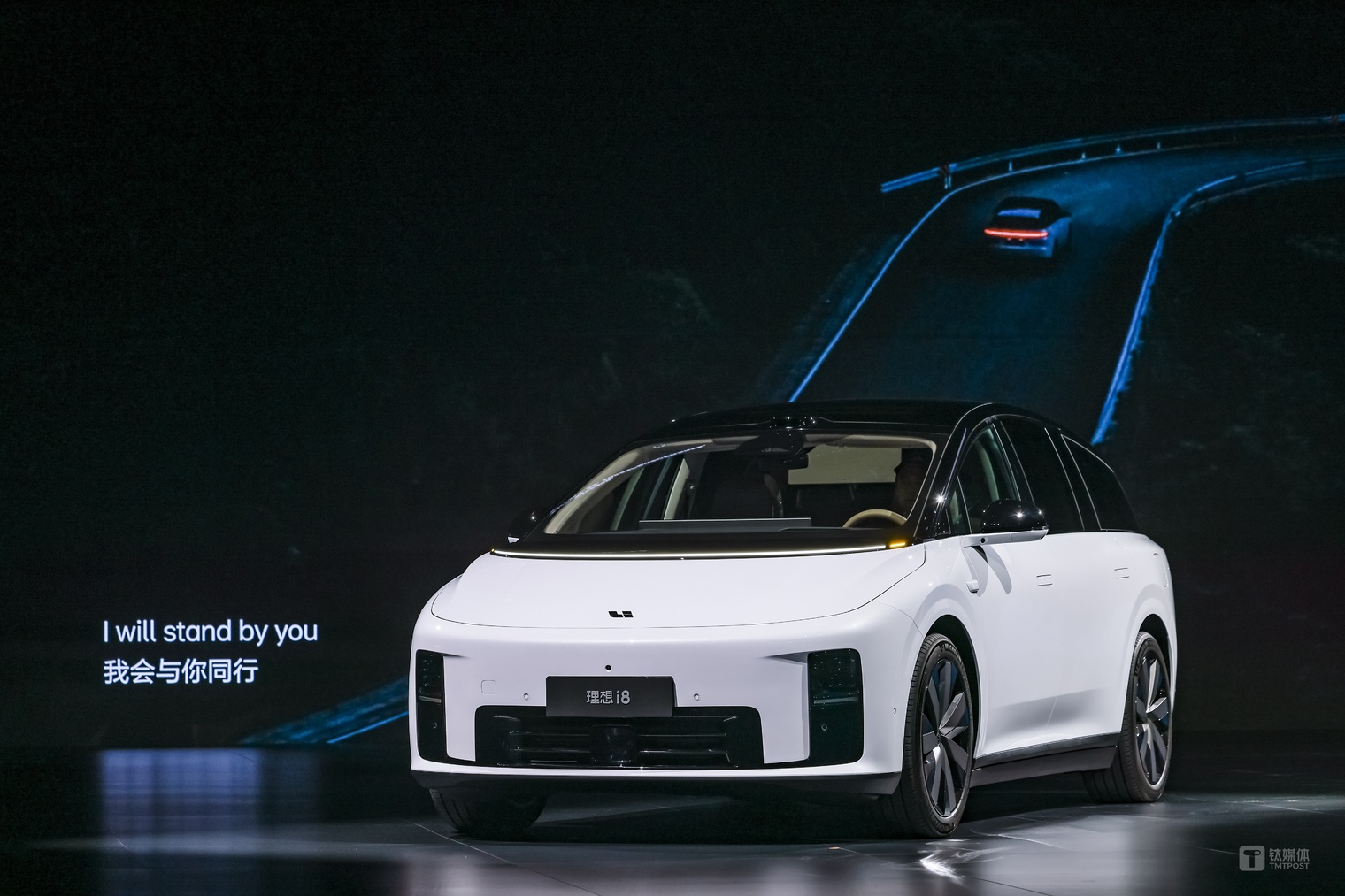
AsianFin -- Li Auto Inc. is revamping its flagship i8 SUV lineup just one week after its much-hyped debut, consolidating configurations and cutting prices in a strategic pivot as China’s smart electric vehicle market intensifies.
On Monday, the Beijing-based automaker announced it will discontinue the three-tiered Pro, Max, and Ultra variants of the i8 and unify them into a single model priced at 339,800 yuan ($47,200). The move marks a decisive SKU (stock keeping unit) cut designed to eliminate redundancy and simplify buyer choices.
The adjustment comes after internal data revealed that more than 98% of customers had opted for the higher-end Max and Ultra versions, rendering the entry-level Pro version — priced at 321,800 yuan — largely irrelevant. “The Pro existed mainly as a sticker price strategy,” said a Li Auto executive familiar with the matter, “but actual sales were overwhelmingly skewed towards premium trims.”
Customers who previously ordered the Pro variant can now cancel their orders or pay extra to upgrade. Those who selected Max or Ultra will receive refunds reflecting the price difference.
Li Auto’s move is more than a simple lineup tweak. It signals a strategic recalibration in response to mounting competitive pressures in China’s EV market, where automakers are locked in a fierce price war while simultaneously racing to differentiate through advanced intelligent features.
“In today’s market, consumers are no longer fooled by finely segmented product tiers,” said CEO Li Xiang. “They expect full-featured offerings upfront, without the guesswork.”
The revamped i8 will now offer flagship features as standard, including dual-chamber magic carpet air suspension, dual-motor intelligent all-wheel drive, and an integrated fridge with heating and cooling functions. The rear cabin entertainment screen is now optional, priced at 10,000 yuan, while a premium sound system — previously a 10,000-yuan add-on — is being bundled in for free.
The i8’s initial multi-tiered pricing strategy was aimed at broadening its market reach, but the rapid pivot reflects a sobering market reality: “more SKUs don’t equate to more sales.” Instead, they introduce complexity, dilute brand clarity, and risk customer hesitation.
Li Auto built its early success on a minimalist approach — “one model, one version, one price” — a strategy often likened to Apple Inc.’s product philosophy. The latest SKU consolidation is seen as a return to this focus, albeit driven by hard lessons from the market.
“The EV battlefield has entered a high-pressure elimination phase,” said Zhang Xiaorong, head of the Deepin Institute of Science and Technology. “Excessive configuration differentiation no longer works. Consumers want clear-cut offerings, and operational efficiency is becoming a survival necessity for automakers.”
Industry observers note that simplifying SKUs is not just a marketing choice but a systems-level decision that affects everything from supply chain logistics to production agility and brand positioning.
Li Xiang has consistently emphasized the importance of “concentrated firepower” in product strategies. “It’s not the price we fear,” he said, “but incomplete offerings.”
The i8’s abrupt lineup overhaul reflects broader dilemmas facing China’s smart EV players:
Entry-level trims are losing relevance. Consumers no longer tolerate models that cut corners on core intelligent features, even at attractive entry prices.
Excessive variants create internal friction. Multiple SKUs add production complexity, destabilize supply chains, and can trigger internal price wars, compressing margins.
Smart features are now table stakes. Advanced driver-assistance systems (ADAS), AI copilots, and integrated software-hardware ecosystems have become non-negotiable for consumers, making them the true battleground for EV differentiation.
The i8’s initial Pro variant, for example, was equipped with a lower-tier AD Pro system powered by Horizon Robotics chips, which lacked support for Li Auto’s next-gen VLA Driver Large Model platform. The configuration gap drew immediate criticism from consumers, undermining the Pro’s value proposition.

By eliminating fragmented trims and focusing on delivering a comprehensive package, Li Auto aims to sharpen its brand positioning and regain operational simplicity. For consumers, the company’s refund and upgrade options serve as both a goodwill gesture and a reaffirmation of its customer-first philosophy.
“This SKU cut isn’t just damage control — it’s a recalibration of Li Auto’s product strategy to fit the new competitive landscape,” said Cui Dongshu, secretary general of the China Passenger Car Association.
As China’s EV sector races towards higher intelligence and deeper software integration, Li Auto’s swift adjustment could serve as a cautionary tale for rivals still clinging to outdated product segmentation strategies.
“Canceling versions means canceling internal friction,” Li Xiang said. “It’s not about avoiding criticism; it’s about not missing the next wave.”
更多精彩内容,关注钛媒体微信号(ID:taimeiti),或者下载钛媒体App

